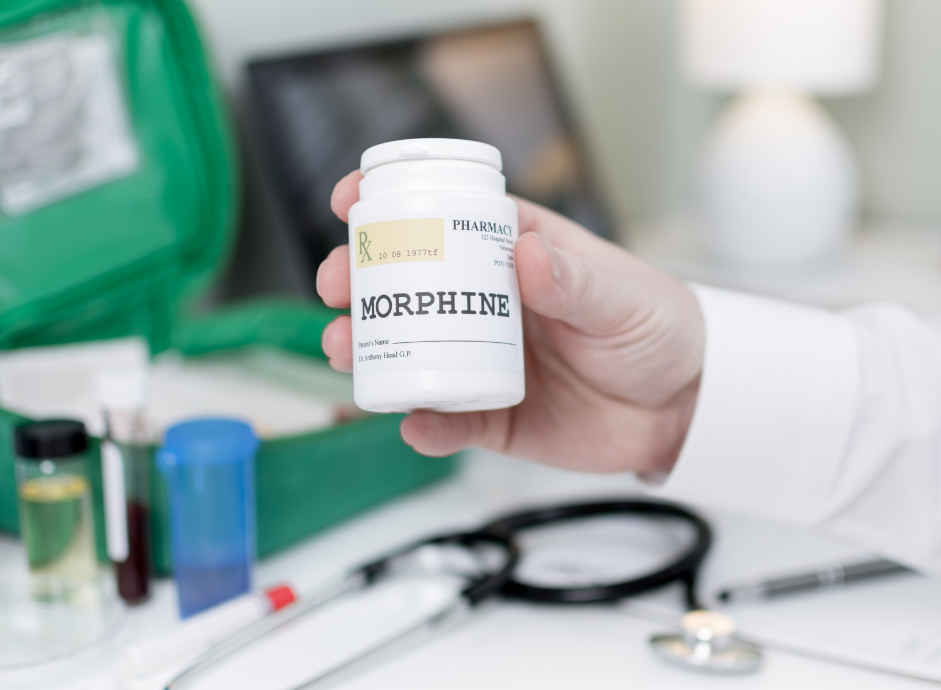- Home
- Forums
- General forums
- Research and useful tips - Type 2 Diabetes
- Treatments for Type 2 Diabetes
Treatments for Type 2 Diabetes
- 167 views
- 5 times supported
- 12 comments
All comments
Go to the last comment
Unregistered member
although i have diabetes 2 i cannot control myself from eating cakes & sweets what should i do?

robjmckinney
AmbassadorGood advisor
![]()
robjmckinney
Ambassador
Last activity on 02/11/2025 at 19:30
Joined in 2015
636 comments posted | 115 in the Research and useful tips - Type 2 Diabetes group
63 of their responses were helpful to members
Rewards
-
Good Advisor
-
Contributor
-
Messenger
-
Committed
-
Explorer
-
Evaluator
Hi clarkey,
Well you can always go down the surgical route, there are several options, my brother had his stomach stapled. There are various versions of treatment including less invasive balloons, all basically reducing the size of you stomach. You can also get support through your GP for dieting under a specialist dietician, they can also get you access to a gym and local swimming pool at reduced prices.
There are also various diabetic drugs through the NHS that cause weight loss as a side effect. But at the end of the day dieting is the simplest answer and the 'powers to be' now give better support.
Dieting does work, I lost 6 stone and no longer inject or take any diabetic medicine, purely diet controlled. But the 'big but' I had throat cancer and lost it in only six weeks due to terrible side effects of the treatment. But I am not a needle fan, self inflicted jabbing myself was depressing, my wife did it for me, I am sure she enjoyed it!
The point I am trying make is 'short sharp shock' dieting works and I have successfully avoided moving onto injections many times over the years with such diets. It has been widely publicised of such benefits of this dieting process and some remarkable results. Dieting is the answer and clearly like Diabetes it is a life changing choice finding the right food that suits you with the occasional treat that won't kill you. Dieting need not be expensive as many of the basic/cheap food is lower in sugar than reduced sugar options. Sugar is an expensive ingredient and much of this basic/cheap labels have low levels, always check ingredients lists!
See the signature
robjmckinney
Give your opinion
Articles to discover...
Subscribe
You wish to be notified of new comments
Your subscription has been taken into account








Gilda
Community managerGood advisor
Gilda
Community manager
Last activity on 03/02/2023 at 15:26
Joined in 2015
710 comments posted | 28 in the Research and useful tips - Type 2 Diabetes group
Rewards
Good Advisor
Contributor
Messenger
Committed
Explorer
Evaluator
5. GLP-1 agonists: Exenatide is a GLP-1 agonist, an injectable treatment that acts in a similar way to the natural hormone GLP-1.
6. Acarbose: Acarbose helps prevent your blood glucose level from increasing too much after you eat a meal. It slows down the rate at which your digestive system breaks carbohydrates down into glucose.
7. Nateglinide and repaglinide: Nateglinide and repaglinide stimulate the release of insulin by your pancreas. They're not commonly used, but may be an option if you have meals at irregular times. This is because their effects don't last very long, but they're effective when taken just before you eat.
NHS